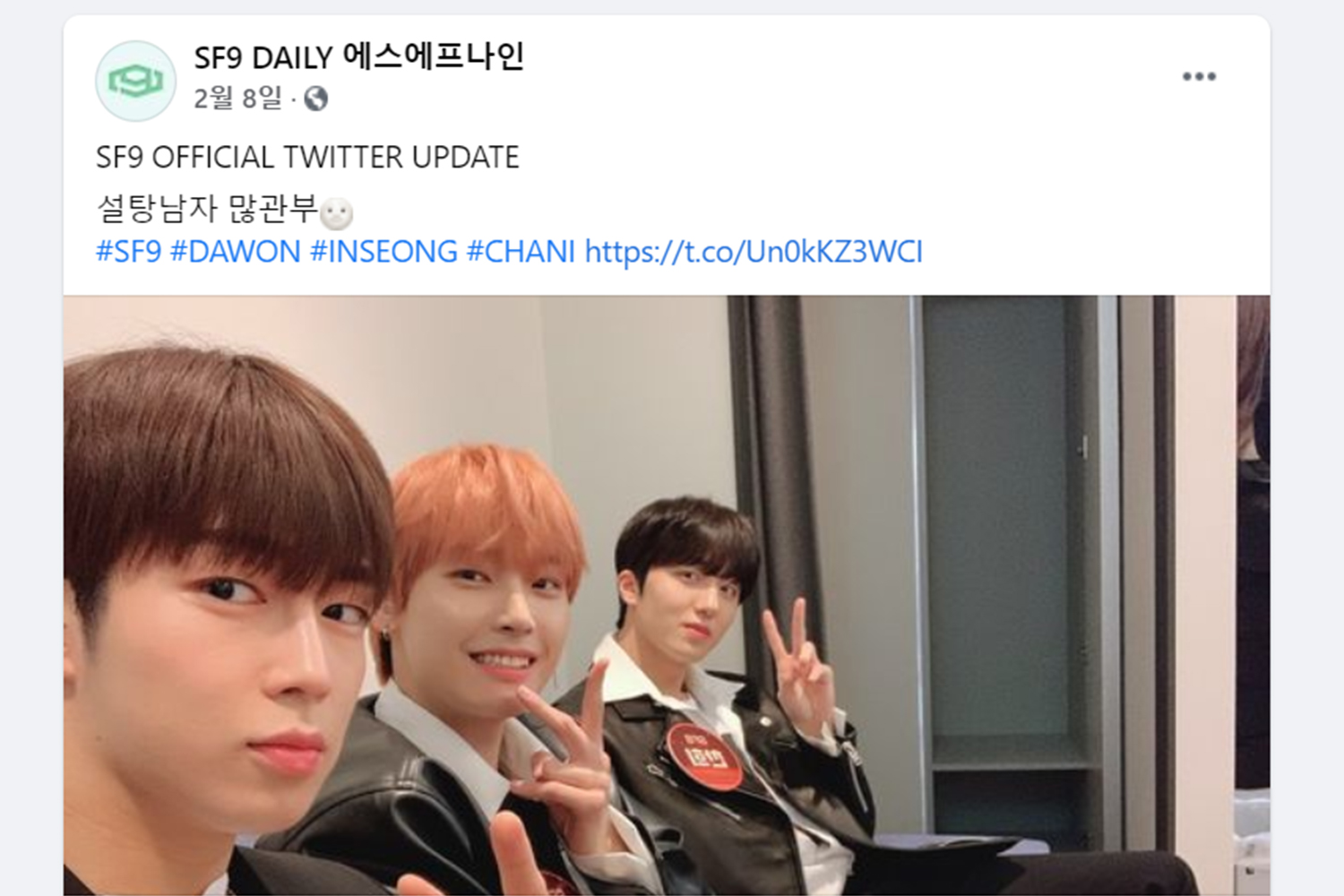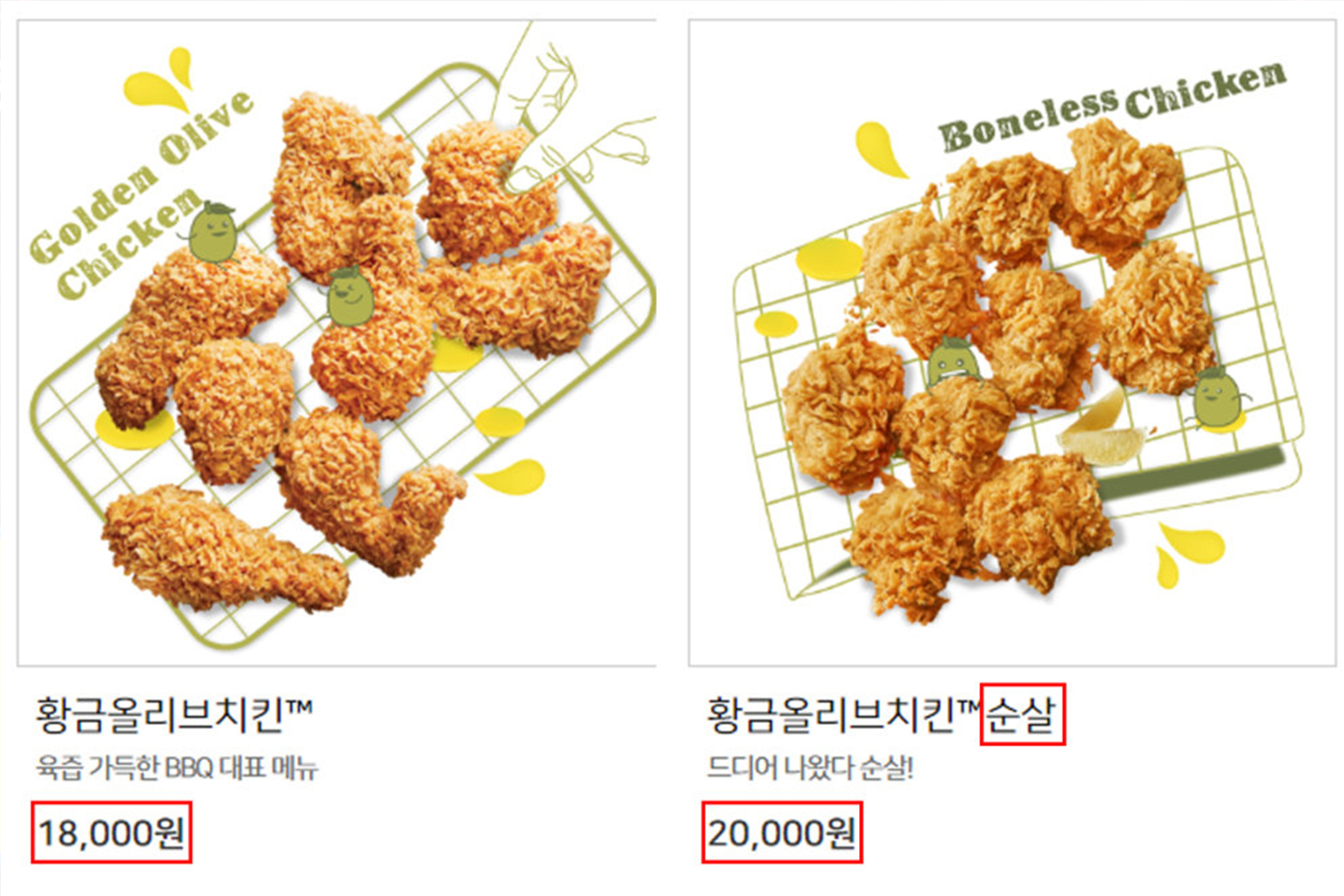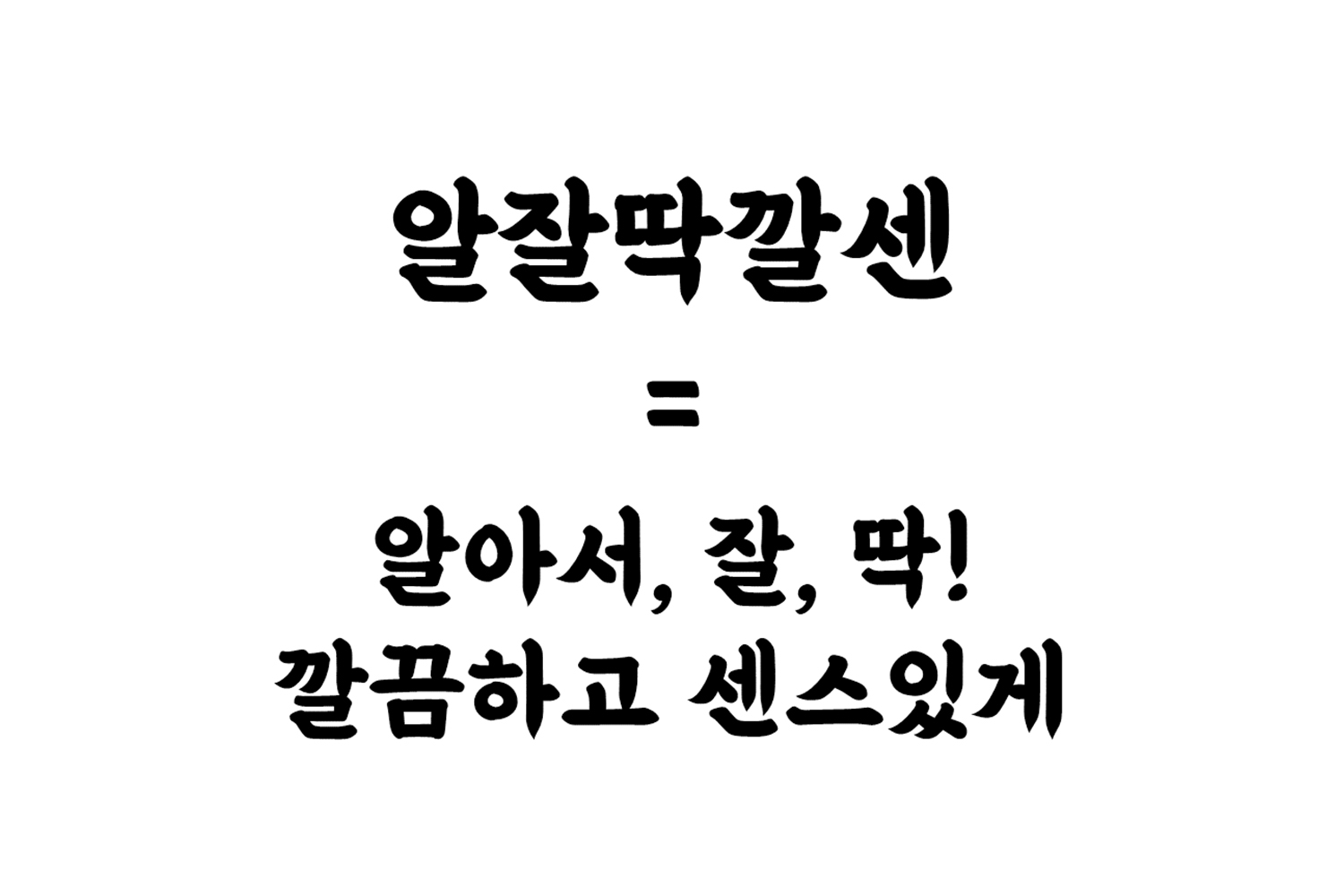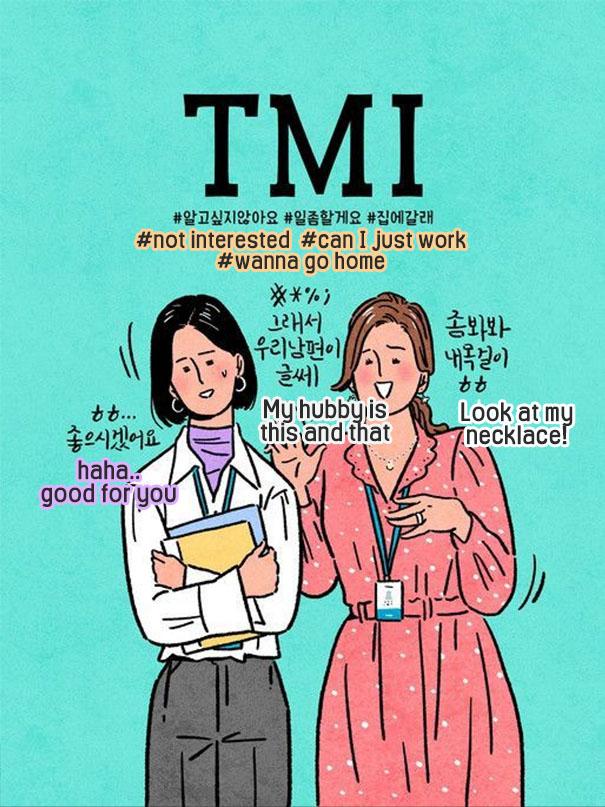Are you guys an avid Korean language learner?
What's the fun in learning a new language if we don't have a couple of slang words to use when chatting up locals, right?
Check out our newest version of Korean slangs that you'll find useful in year 2021. 화이팅!
1. 좋못사 / JON-MOS-SA

좋못사 is short for '좋아하다 못해 사랑해,' which roughly translates to 'Beyond like, I love'.
Naturally, 좋못사 is used on persons or objects that we like very much.
How To Use Jon-Mos-Sa In a Sentence
나는 진짜... BTS 좋못사 💜
I really... jon-mos-sa BTS 💜
내가 가는 식당 너무 맛있어서 좋못사!
The restaurant I frequent is so delicious that I jon-mos-sa it!
2. 삼귀다 / SAM-GWI-DA

The Korean word for officially dating is sa-gwi-da, or 사귀다. Sa (사) is also used to indicate number 4 and sam number 3.
So sam-gwi-da is a slang used to indicate the state of a relationship where they're not an official couple but it's in an exciting dating/getting to know stage.
How To Use Sam-Gwi-Da In A Sentence
나 그 애랑 삼귀고 싶어!
I want to date that guy/girl!
언니 요즘 삼귀는 사람 있어요?
Unnie, are you seeing anyone these days?
3. 혼틈 / HON-TEUM

혼틈, short for '혼란을 틈타', is used in situations where you find an opportunity amidst a chaos.
If you take a selfie (or selca as Koreans like to call it) during a chaotic environment like a bustling lecture room or an office, then you'd say, '혼틈 셀카 · Honteum Selca'!
If a late student secretly gets checked for attendance, Korean students would say, '혼틈 출석 · Honteum Chulseok'!
How To Use Honteum In A Sentence
혼틈을 노려 퇴근했다!
Using honteum, I was able to get off work!
혼틈일상 공유해요~
Just sharing my daily life (in a busy situation)~
4. 핑프 / PING-PEU

Ping-peu is short for '핑거 프린세스/프린스', which a Korean-English (Konglish) phrase for 'finger princess/prince'.
It's used to describe people who wait for others to search up information because their fingers are royal.
More broadly, it could also be used on cheeky individuals who make others do all the dirty work while they themselves don't lift a single finger.
How To Use Ping-Peu In A Sentence
직접 찾아봐, 너 핑프야?
Search it yourself, are you a ping-peu?
나 핑프 아니고 진짜 몰라서 그러는데 좀 알려줘 ㅠㅠ
I'm not a ping-peu in this matter. I actually don't know, so help me out ㅠㅠ
5. 많관부 / MAHN-GWAN-BU

많관부 is short for ' 많은 관심 부탁드립니다,' and is often used by celebrities on social media. It means, 'I/we ask for a lot of your attention.'
'많은 관심 부탁드립니다' is also a typical phrase used in marketing and advertising, so the shortened version makes sense to a lot of Koreans too.
How To Use Mahn-Gwan-Bu In A Sentence
2020년 11월 트와이스 컴백 많관부~
TWICE's comeback is in November 2020, mahn-gwan-bu~
2021년 1월 로운 나오는 드라마 <선배 그 립스틱 바르지마요> 많관부!
Rowoon's new drama Senior, Don't Put On That Lipstick will release in January 2021, mahn-gwan-bu!
6. 복세편살 / BOK-SE-PYEON-SAL

복세편살 is short for '복잡한 세상 편하게 살자'. '복잡한 세상' means 'complicated world,' and '편하게 살자' 'live comfortably.'
It means to take things easy and live comfortably by one's own rules rather than chasing dreams and things society defines as success.
How To Use Bok-Se-Pyeon-Sal In A Sentence
오늘부터 내 좌우명은 복세편살이다!
My life motto from today on is bok-se-pyeon-sal!
하나뿐인 인생인데 복세편살 하자.
I only live once, so I've got to bok-se-pyeon-sal.
7. 오저치고 / O-JE-CHI-GO

'오늘 저녁은 치킨 고?', meaning 'tonight dinner chicken go?'
Many variations can be made including 오점치고 · o-jeom-chi-go (오늘 점심 치킨 고) and 오저피고 · o-je-pi-go (오늘 저녁 피자 고), meaning 'lunch today chicken go?' and, 'tonight dinner pizza go?'
Why don't you make one with your favourite food, too?
How To Use O-Je-Chi-Go In A Sentence
A: 오저치고?
O-je-chi-go?
B: ㄴㄴ, 오저피고.
No no, o-je-pi-go.
8. 횰로 / HYOLO

It's a new slang used to describe those who spend money and invest in things that make themselves happy.
횰로 is a combined word of YOLO (you only live once) and '홀로 · hollo', meaning alone.
How To Use Hyolo In A Sentence
난 이제 날 위한 소비를 하는 횰로족이야!
I'm a part of the hyolo movement, I spend money on myself!
오늘도 나는 횰로한다.
Just as always, I'm hyolo-ing today.
9. 팩폭 / PAEK-POK

First seen on the Internet in 2016, this slang means to 'shock someone with facts so strong that they can't argue back.'
Simply put, it's the act of being brutally honest.
'팩폭 · Paek-pok' is short for '팩트 폭력', which roughly translates to 'factual violence.'
Another word in Korean for the state of hearing something brutally honest is '뼈 맞았다 · bbyuh-ma-jat-dah', meaning 'got punched in the bones.'
How To Use Paek-pok In A Sentence
A: 나 이제 다이어트 할거야.
I'm going to go on a diet.
B: 넌 항상 그러면서 치킨 시키더라?
You always say that, then order fried chicken.
A: 왜 팩폭해? ㅠㅠ
Why did you just paek-pok? ㅠㅠ
10. 2000원 비싸지다 / ICHEON-WON BI-SSA-JI-DA

This is the evolved version of 9. paek-pok.
In Korea, fried chicken places charge ₩2,000 extra for boneless fried chicken.
So the result of '뼈 맞다', the expression introduced above of getting punched in the bones, is the receiving end losing their bones.
The recipient of the comment went from having bones to being boneless, hence has become ₩2,000 more expensive.
How To Use Icheon-Won Bi-Ssa-Ji-Da In A Sentence
A: 날씨 좋으니까 과제하기 싫네.
The weather's so nice out today. I don't feel like doing my assignment.
B: 언제는 하고 싶었다고
Did you ever feel like doing your assignment?
A: 와;; 나 방금 2000원 비싸짐;;
Wow, I just got ₩2,000 more expensive.
11. 코스크, 턱스크 / KO-SEUKEU, TEOK-SEUKEU

These words have emerged in the COVID era.
코 (ko) means 'nose' and 턱 (teok) means 'chin' in Korean.
So wearing your mask with your nose exposed or having it hang on your chin are called 코스크 (ko-seukeu) and 턱스크 (teok-seukeu) respectively.
They are used on those who don't respect the government's safety regulations regarding masks and are actually subject to a fine of ₩100,000 (approx. 91 USD).
How To Use Ko-Seukeu & Teok-Seukeu In A Sentence
코스크, 턱스크하면 마스크를 안 쓰는 것과 같아.
Ko-seukeu and teok-seukeu are equivalent to not wearing a mask at all.
턱스크는 정말 민폐야!
Teok-seukeu is so inconsiderate!
12. 비담 / BI-DAM

비담, short for '비주얼 담당', is used to refer to the best-looking idol in a K-pop group, '비주얼' being the Konglish word for 'visual.'
Most K-pop groups assign specialty areas to their members including dance, vocal, rap, etc. One of them being simply looking beautiful and handsome.
How To Use Bidam In A Sentence
솔직히 A 그룹 비담은 B 아니냐?
Honestly, isn't the bidam for group A member B?
블랙핑크는 멤버 전체가 다 비담이야!
Every member in BLAKCPINK is a bidam!
13. 최최차차 / CHOE-CHOE-CHA-CHA

This is a new slang derived from another slang, short for '최애는 최애고 차은우는 차은우다.'
'최애 · 最愛 · choe-eh' meaning 'most love' is used by fans to refer to a K-pop group or a celebrity they love the most.
Choe-choe-cha-cha basically means that Cha Eun-woo is so undeniably handsome that even those with their choe-eh can't help but love him.
How To Use Choe-Choe-Cha-Cha In A Sentence
A: 와 차은우 진짜 잘생겼다.
Wow, Cha Eun-woo is so handsome.
B: 너 차은우가 최애야?
Is Cha Eun-woo your choe-eh?
A: 아니 나 BTS 좋아해. 최최차차 모르냐?
No, I love BTS. Do you not know choe-choe-cha-cha?
14. 알잘딱깔센 / AL-JAL-TTAK-KKAL-SEN

Short for '알아서 잘, 딱, 깔끔하고 센스있게', it was first used on a game streaming and later BTS V brought up the word, making it famous.
To break it down:
알아서 잘: On one's own, well
딱: Precisely
깔끔하고: Neatly
센스있게: Directly translates to 'to have sense', which means someone with a good taste or sense.
So combined, it means to do a job on one's own, without asking questions, very nicely and neatly with a good sense.
How To Use Al-Jal-Ttak-Kkal-Sen In A Sentence
지난번 그 일은 알잘딱깔센 처리했지?
The thing we talked about last time, you got it taken care of in a al-jal-ttak-kkal-sen manner, right?
네가 알아서 알잘딱깔센하게 해.
You figure it out al-jal-ttak-kkal-sen-ly.
15. 티엠아이 / TMI
 TMI is a shortened form of 'Too Much Information'.
TMI is a shortened form of 'Too Much Information'.
People use this word when they talk about themselves way too much and you don't care about it.
16. 케바케 / KEH-BA-KEH

케바케 (ke-ba-ke) is a shortened form of '케이스 바이 케이스' (case by case).
When you discuss a certain situation and it depends on other side factors, you can say 'that is 케바케'.
Similarly, there is the word '사바사' (sa-ba-sa) meaning 'person by person'.
17. 갑분싸 / GAB-BOON-SSA

갑분싸 (gab-bun-ssa) is a shortened form of '갑자기 분위기 싸해짐'.
It means that the mood or atmosphere is suddenly turning into cold and sudden silence.
For example, your friend does a terrible dad joke, and there is an awkward silence right after; this is a 갑분싸 situation.
18. 존맛탱 / 제이-엠-티 / JMT
![15 Korean Slangs That You Must Know! | Popular Online Slang in South Korea SNS! Simple But Have Special Meanings!]()
JMT stands for the word '존맛탱' (Jon-Mat-Taeng). 존맛탱 means very delicious, or bomb.
So if you ate something delicious and planning on uploading on your Instagram, don't forget to hashtag JMT!
19. 별다줄 / BYUL-DA-JOOL
![15 Korean Slangs That You Must Know! | Popular Online Slang in South Korea SNS! Simple But Have Special Meanings!]()
별다줄 (byul-da-jool) is a shortened form of '별걸 다 줄인다' (byeolgeol da jool een da), which translates to "Shortening even trivial words".
It is funny how Koreans shorten every phrase like 별다줄, 갑분싸 (gab-bun-ssa), 케바케 (case by case) and 답정너 (dab-jeong-neo).
How did you enjoy the post? You can now understand Korean slangs and use them as well!
You can't find these from a dictionary, but memorize them as they are very commonly used among Koreans.






